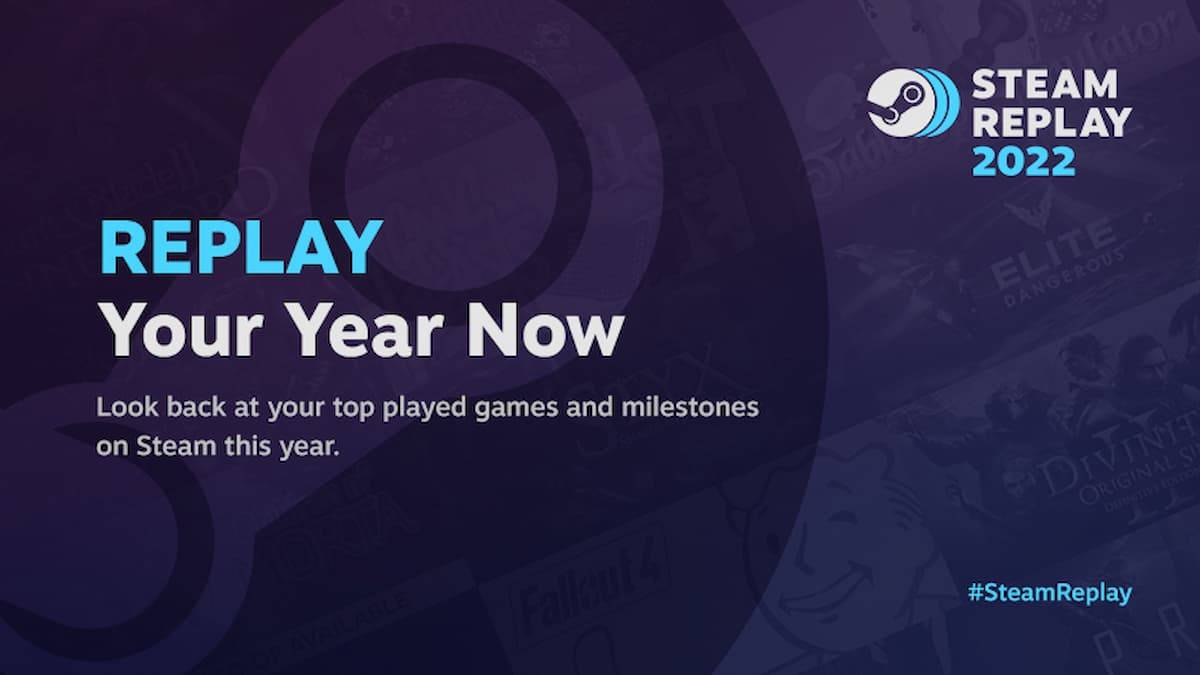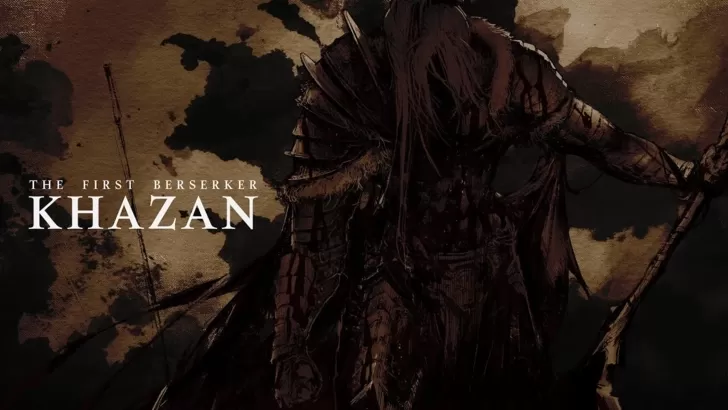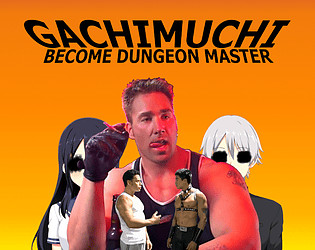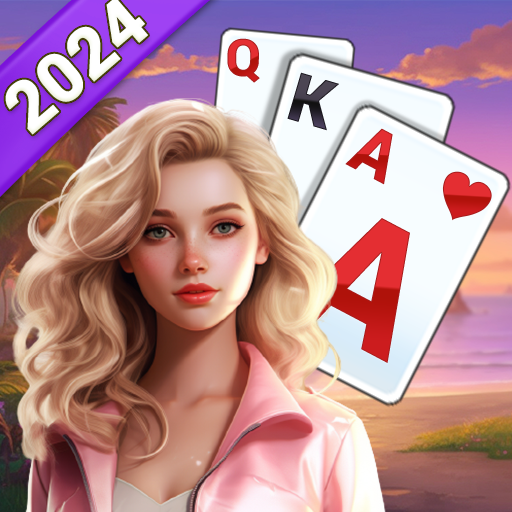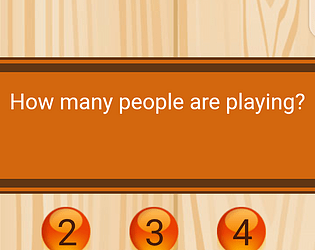Microsoft's latest venture into AI-generated gaming has ignited a heated debate within the gaming community, following the release of a demo inspired by the iconic Quake II. Utilizing Microsoft's Muse and the World and Human Action Model (WHAM) AI systems, the demo showcases a dynamically created interactive space that aims to simulate real-time gameplay visuals and player behavior without the need for a traditional game engine.
In a statement, Microsoft described the demo as a "bite-sized" experience that pulls players into an interactive environment where AI crafts immersive visuals and responsive actions on the fly. They highlighted it as a "groundbreaking glimpse" into the future of gaming, suggesting that this technology could revolutionize how games are developed and experienced.
However, the response from the gaming community has been overwhelmingly critical. After Geoff Keighley shared a video of the demo on social media, many expressed their dissatisfaction. One Reddit user lamented the potential loss of the "human element" in games, fearing that AI-generated content might become the norm, driven by cost-saving measures from studios. Another criticized Microsoft's ambition to build a catalog of games using this technology, doubting its current capabilities and the overall direction of the tech industry regarding AI.
Despite the backlash, not all feedback was negative. Some users recognized the demo as a showcase of future possibilities, acknowledging the impressive feat of AI generating a coherent and consistent world. They viewed it as a tool for early concept and pitching phases, rather than a fully playable game, and expressed optimism about its potential applications in other areas of AI development.
The debate over generative AI in gaming extends beyond this demo, reflecting broader industry trends and concerns. With significant layoffs affecting the video game and entertainment sectors, the use of AI has been scrutinized for ethical and rights issues, as well as its ability to create content that resonates with audiences. For instance, Keywords Studios' failed attempt to create an entirely AI-generated game underscored the limitations of AI in replacing human creativity and talent.
Nevertheless, some companies continue to explore generative AI's potential. Activision, for example, recently disclosed using AI for certain assets in Call of Duty: Black Ops 6, amid controversy over an AI-generated zombie Santa loading screen. Additionally, the issue of AI in gaming was brought to the forefront by Horizon actor Ashly Burch, who used a leaked AI Aloy video to highlight the demands of striking voice actors.
As the gaming industry grapples with these developments, the conversation around AI's role in game development is likely to intensify, with players and creators alike weighing the benefits and drawbacks of this emerging technology.

